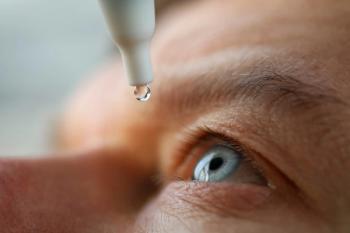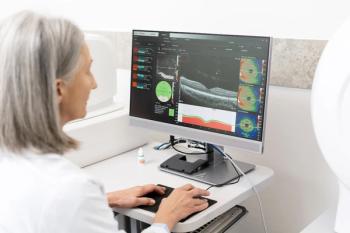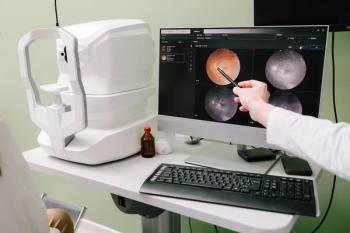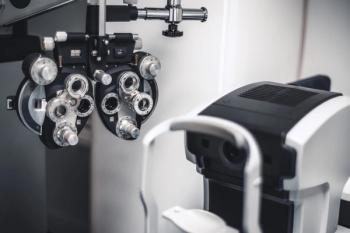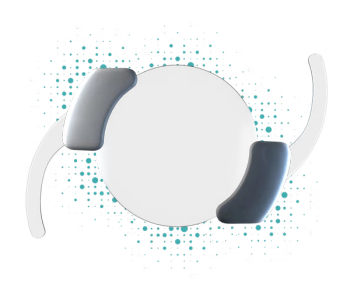
Avoid pain relievers and alcohol before, after COVID jab
Research shows acetaminophen may dull the vaccine’s effects, while alcohol weakens the immune system
As President Joe Biden’s administration rolls out a
Alcohol
There is no published data yet about the effects of alcohol on the human body's response to the COVID-19 vaccination, but evidence shows that drinking alcohol could interfere with the body’s ability to build immunity in response to vaccines. Heavy, regular drinkers are at especially high risk.2
Hana Mohammed El Sahly, MD, national co-chair of the Moderna COVID-19 vaccine trial, says in a statement that individuals are not asked to refrain from drinking casual or moderate amounts of alcohol before getting vaccinated because doing so should not affect the vaccine’s efficacy.3
Recommendations
But excessive alcohol consumption should be avoided near the time of vaccination, says Christopher Thompson, PhD, associate professor at Loyola University Maryland’s Department of Biology specializing in immunology and microbiology.
“Ideally, heavy drinking would be avoided for at least a week before the first dose and 1 month after the second dose,” Thompson says.
Drinkaware, an independent medical advisory panel for alcohol education, also released a statement asking people to consider the possible benefits of not drinking alcohol before and after being vaccinated.4
“If you are a regular heavy drinker, the risks to you of becoming seriously ill if you do contract COVID-19 are particularly high, so please keep your appointment for vaccination if you are offered one,” says the panel’s chair, Fiona Sim, MB, BS, MSc, LLM, FRCP, FFPH.
“We advise that you consider not drinking for 2 days before and up to 2 weeks after you have been vaccinated to try to ensure your immune system is at its best to respond to the vaccine and protect you. But it is really important to know that, even if you do drink, you will still benefit from having the jab.”
When an active COVID-19 infection has been contracted, Dr. Sim says individuals should avoid alcohol until after they have fully recovered. Doing so protects the immune system and allows it to fight the virus more effectively.4
Pain relievers
Though generally tolerable, some individuals are attempting to prevent the COVID-19 vaccine’s side effects by taking common over-the-counter pain relievers like acetaminophen (Tylenol) or ibuprofen (Motrin, Advil) beforehand. Experts warn these medications might not just dull the pain but could potentially dull the vaccines from fully working and cloud side effects.
The U.S. Food & Drug Administration (FDA) reports both the Moderna and Pfizer-BioNTech vaccine’s most common side effects, which typically lasted several days, were pain at the injection site, tiredness, headache, muscle pain, chills, joint pain, and fever.5,6
Recommendations
“We do not recommend premedication with ibuprofen or Tylenol before COVID-19
Taking medications before immunization may reduce the vaccine’s effectiveness by preventing parts of the immune system from working or slowing down the immune response.7
A 2016 Duke University study, conducted on children, found those who took pain relievers before receiving vaccines had fewer antibodies than those who did not take the medications beforehand.8 However, there were still protective antibody levels despite the lower numbers.
William Schaffner, MD, professor of preventive medicine at Vanderbilt University Medical Center, says in a statement, “People already taking painkillers for another medical condition should continue taking them because stopping routine medication could cause unintended problems and be more harmful than the vaccine's potential reduced effectiveness.”7
References
1. White House. The Biden-Harris plan to beat COVID-19. Available at:
2. Zimmermann P, Curtis N. Factors That Influence the Immune Response to Vaccination. Clin Microbiol Rev. 2019 Mar 13;32(2).
3. Healthline. How Alcohol May Affect Your Response to the COVID-19 Vaccine. Available at:
4. Drinkaware issues precautionary advice about alcohol and the Covid-19 vaccine. Drinkaware. Available at:
5. Food & Drug Administration. Moderna COVID-19 Vaccine. Available at:
6. Food & Drug Administration. Pfizer-BioNTech COVID-19 Vaccine. Available at:
7. ABC News. Avoid preventive pain relievers before getting a COVID vaccine: Experts. Available at:
8. Saleh E, Moody MA, Walter EB. Effect of antipyretic analgesics on immune responses to vaccination. Hum Vaccin Immunother. 2016;12(9):2391-2402.
Newsletter
Want more insights like this? Subscribe to Optometry Times and get clinical pearls and practice tips delivered straight to your inbox.


